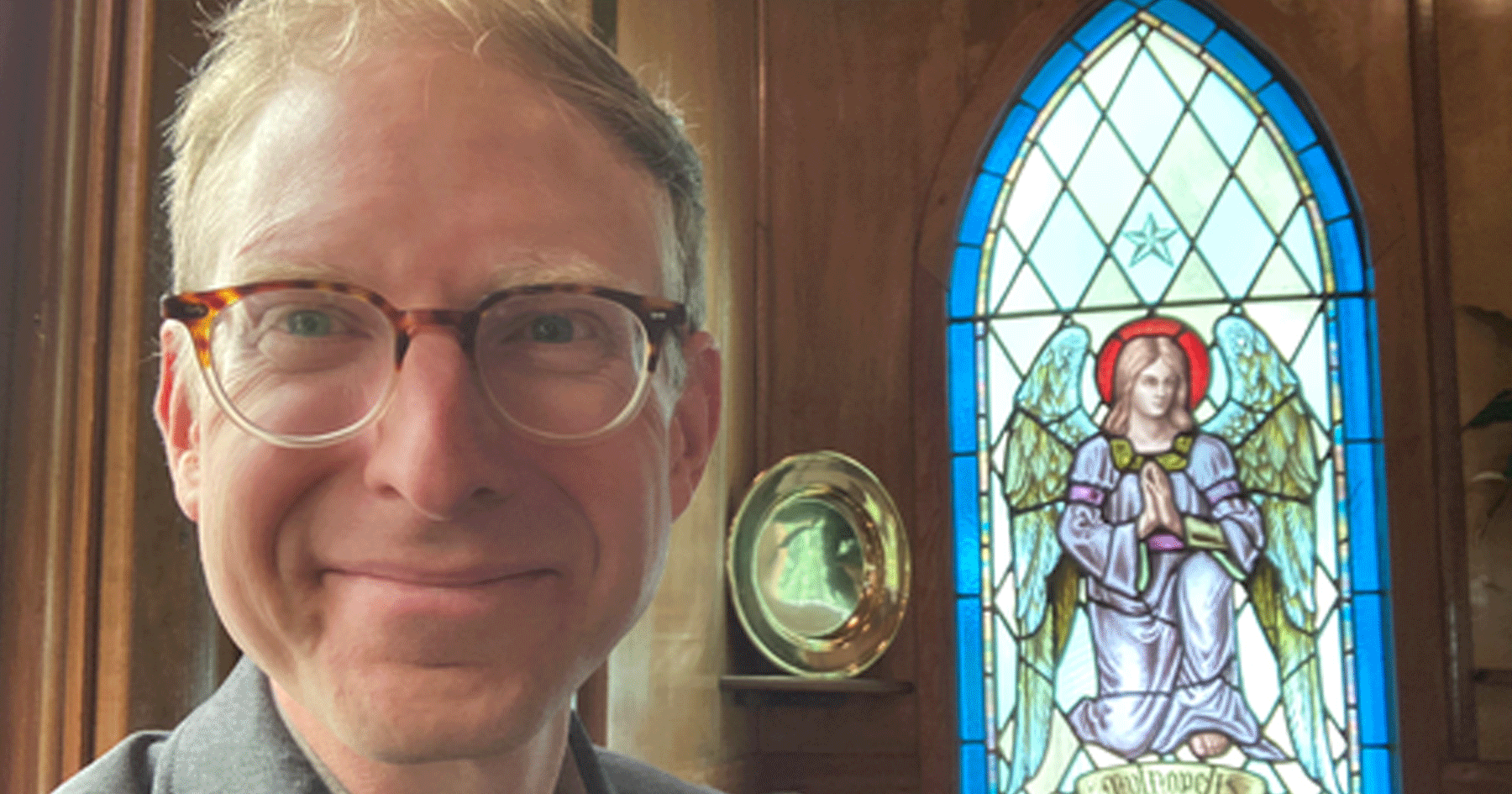When the Magi set out, did they know what they were getting themselves into? Did they know how long the journey would take, or where it would take them? Did they know what winding, circuitous route they would be forced to take on the way there? Did they know whether they would ever make it back home?
Each year, as we come face to face with the story of the Magi, I find myself wondering how they kept faith along the journey. Were there days that they felt like giving up? How many started the journey? How many made it to the end? How many lost faith along the way?
Sometimes I worry we celebrate the faithfulness of the Magi and their pursuit of the star, rarely stopping to count the cost they must have paid; rarely wondering about the real, risky, human, relational cost of this journey. I sometimes wonder: Is this yet another radical story sanitized for a self-important colonial church cringing at the cost of discipleship?
These days, I’ve found myself thinking back to the season of Epiphany a few years ago—before the pandemic forced us to acknowledge what a mess our church is in. I often look back on the season of Epiphany when someone new came to church for the first time. After the service, over coffee and goodies in the hall downstairs, he asked me about the rituals we had just performed. The songs we had sung. The prayers we had prayed. The bread and the wine shared in a circle around the table. This was only his second time in a church, and he had questions. So many questions.
Each week after the service, as we drank coffee and shared snacks, he asked questions about the liturgy, the sermon; about what it was we were doing there. “Why do you believe in this Jesus,” he asked one night. His curiosity was such a gift. Over the years, I have spent a lot of time with people unpacking toxic versions of Christianity. Rarely have I had a chance to share the story of my faith with someone hearing about Jesus for the very first time.
I told him about growing up in a Christian home, but also about my journey of claiming this faith journey as my own. I told him about Jesus who did such wonderful things, and who said such amazing things that I couldn’t help but follow.
I told him how in my 20s I had recommitted my life to Jesus: not out of habit or heritage, but because of the ways in which he used his life to affirm that all God’s children are beloved of God and worthy of honour. I talked about Jesus’ unjust execution at the hands of the powerful, his impossible rising from the dead, and the community of resistance that came into renewed life at Pentecost to embrace the poor and the outcast, embodying love with arms as open as wide as the cross.
I told him about the times I had experienced—like signposts in the fog—an overwhelming sense of Jesus’ presence. I shared about the ways I was learning to respond to Holy Spirit’s invitation to see myself as God sees me: as beloved; as enough. In speaking with him, I realised that in this, Jesus was inviting me to journey with others as they discovered and rediscovered these things for themselves too.
A number of weeks after our first encounter, my new friend asked, “How do I become a Christian?” Somewhere along the way we had crossed over from interest in Christianity to interest in joining the Jesus movement. We discussed catechesis, baptism, and all that this entailed. This was when he asked the impossible question: “How would this community support me, a Hindu, if I chose to follow your Jesus?”
Thinking about his question, I still find myself off-guard. It haunts me to this day. I’m haunted in this way: I’m not sure how many of our church communities would be willing to support this person in the ways he was asking. What he was talking about was how—if he took this step—he would be rejected by his community. He would be estranged from his family.
Despite the cost, there was something so compelling about Jesus that he was willing to explore this step. What he needed was a community of care and support, a community of discipleship and mutual transformation, a community of embrace.
We started to discuss ways in which that support might be possible. And yet, within a few weeks, a global pandemic was declared. We could no longer meet in person. I moved to the Kootenays. While we continued our correspondence over email for some time, we eventually lost touch. I feel sad about that.
This year, as this story came to mind once again, I’ve found myself wondering: what would it take for us to become a church that could take such risks? What would it take for us to become communities of care and support, of discipleship and mutual transformation, where we might embrace those willing to risk everything to follow Jesus?
More than that, what will it take for us to let go of the comfort and safety of the church we have known so that we might venture forth and follow that star?


